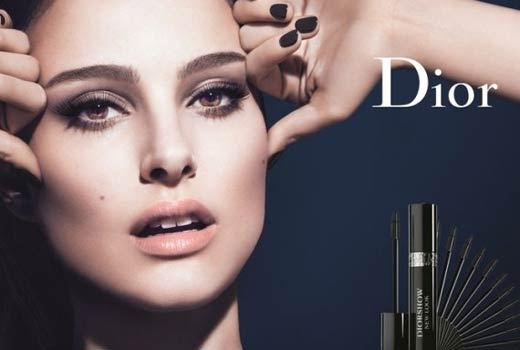23\04\2013
Written by Joff
FOR THE LOVE OF BANNED ADS!
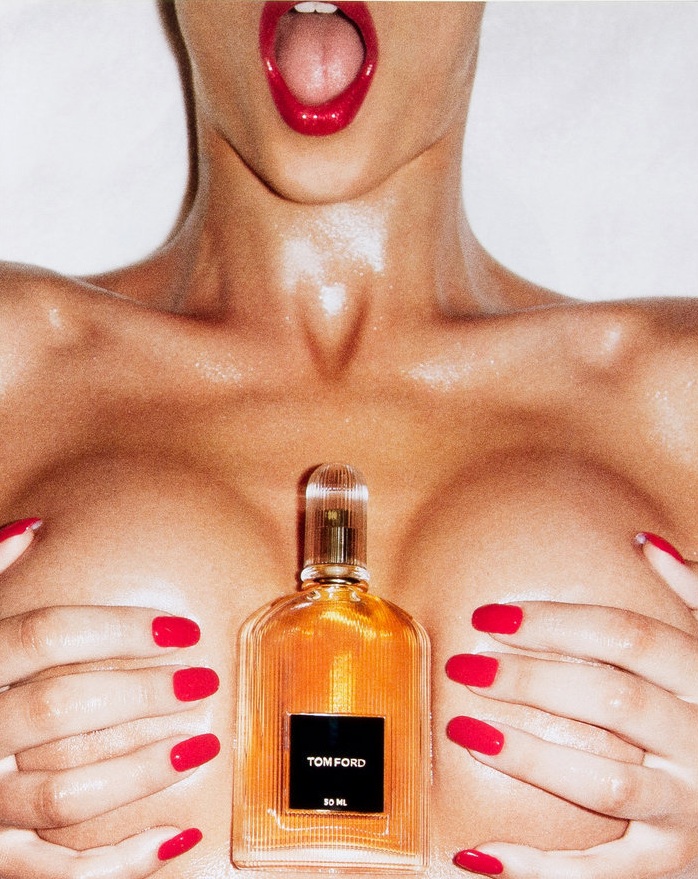
Advertising Standard Authority has recently banned two of the latest ads by American Apparel.For some who don’t know, ASA reviews ads by companies and judges whether they are deemed appropriate or inappropriate. It’s much like the Parents Music Resource Centre for the music industry, who started back in 1985 labelling music with the famous Parental Advisory Explicit Content label when considered inappropriate. The first record they ever labelled was Prince’s Purple Rain, because of the ‘indecent’ lyrics in the song Darling Nikki; ‘I knew a girl named Nikki. I guess u could say she was a sex fiend. I met her in a hotel lobby masturbating with a magazine’. With music you can always decide not to listen of course, but with ads it’s a different story there no filter that can be applied. These ads of American Apparel were considered inappropriate and sexually suggestive – it wasn’t the first time for AA. Well, we all know that sex sells – and most advertising actually plays with the notion of it. So it is kind of debateable when it actually crosses that line. Next to the ‘too hot too handle ads’ several ads have been banned because of excessive retouching. See below the American Apparel adds and an overview of several banned or refused campaigns throughout the years of other fashion brands.
American Apparel recently banned ads: Not clear whether the model depicted is wearing underpants. The other was deemed to sexually suggestive.
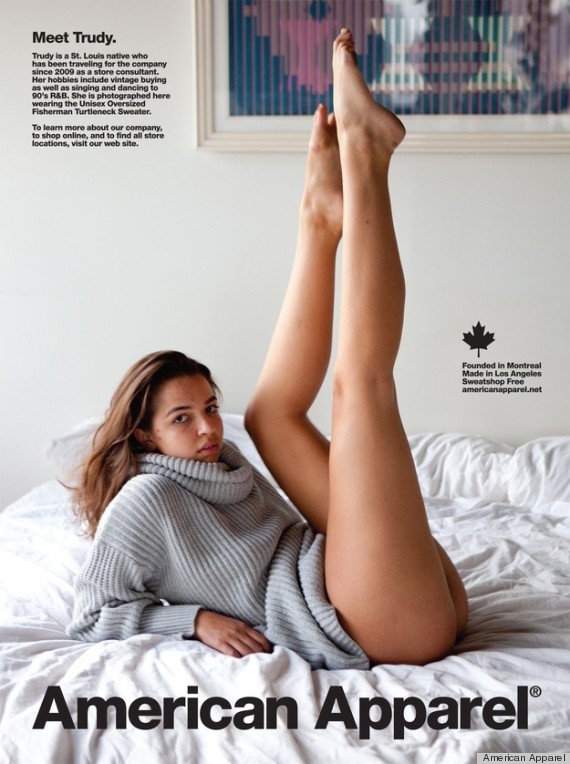
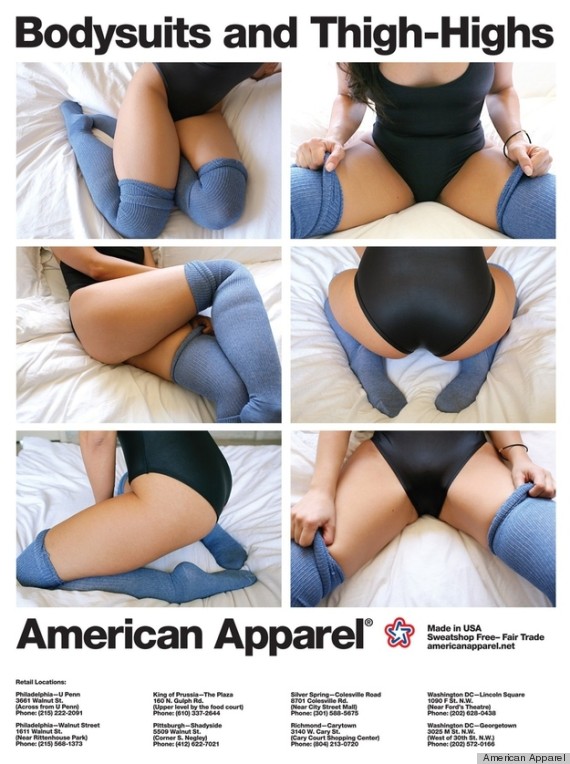
Actress Dakota Fanning for Marc Jacobs perfume ‘Oh Lola’: considered as sexualization of a child.
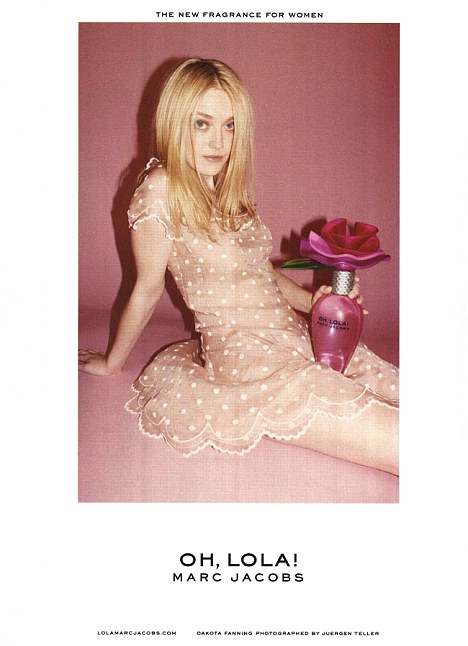
Miu Miu campaign : banned for it’s rail-road track setting – potentially irresponsible.

Actress Julianne Moore for Bulgari: Banned in Italy after the mayor of Venice deemed it inappropriate.
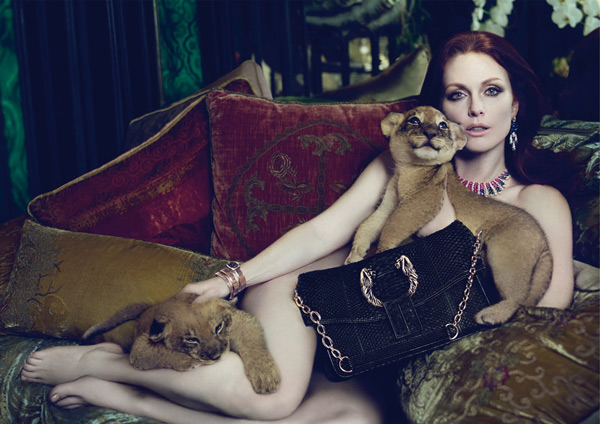
Dsquared advertising: considered ‘dehumanizing’ and could not be advertised in in British Vogue and Tatler.
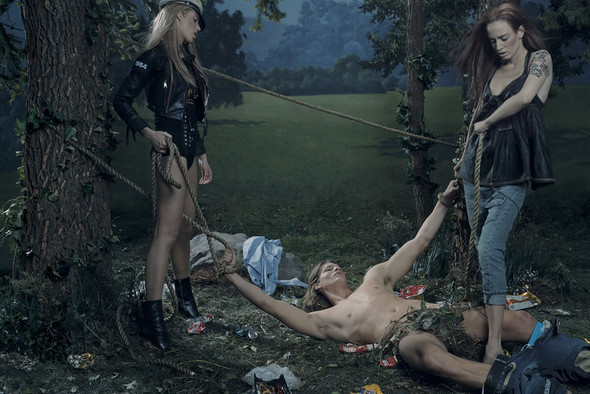
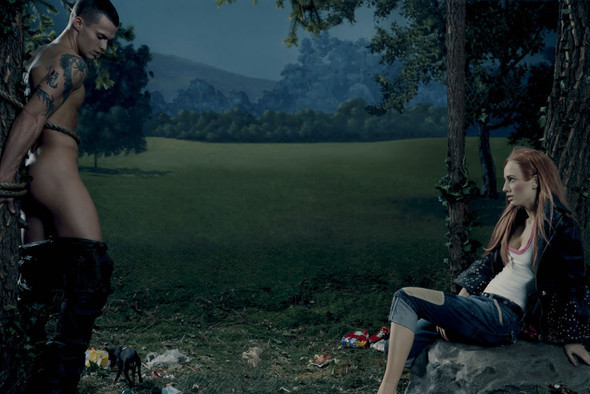
Patrick Cox advertising: considered offensive to the dignity of citizens, advocating sex among teenagers.
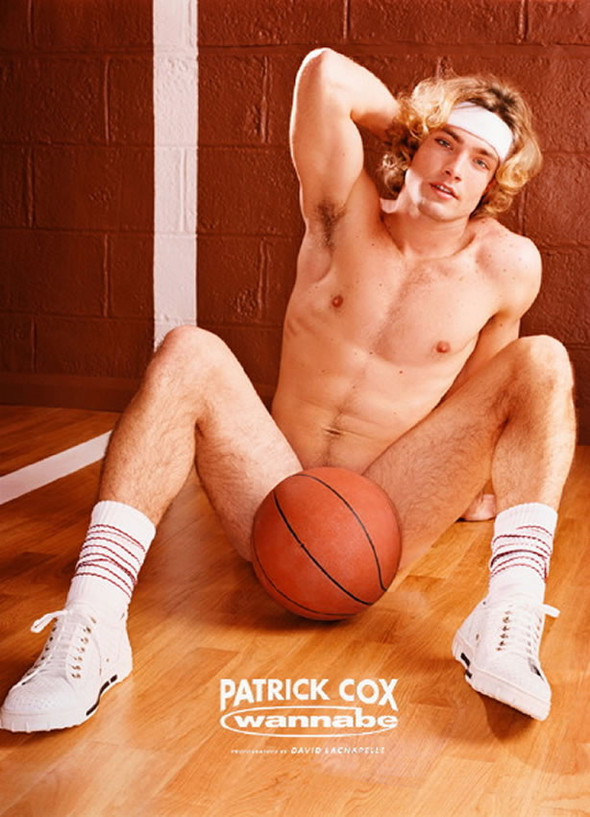
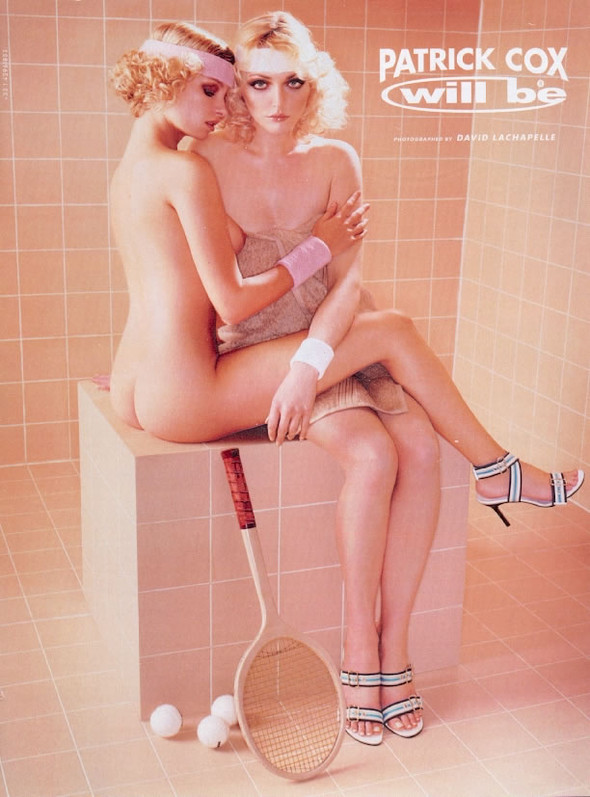
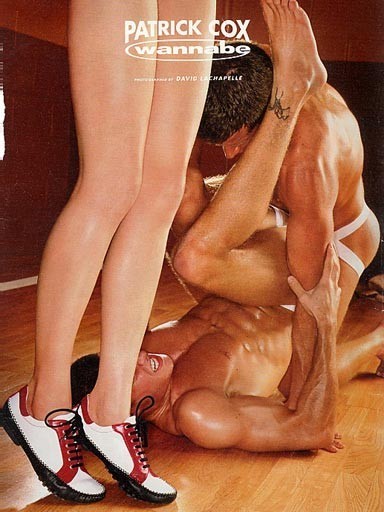
Diesel advertising: considered to promote sexism.

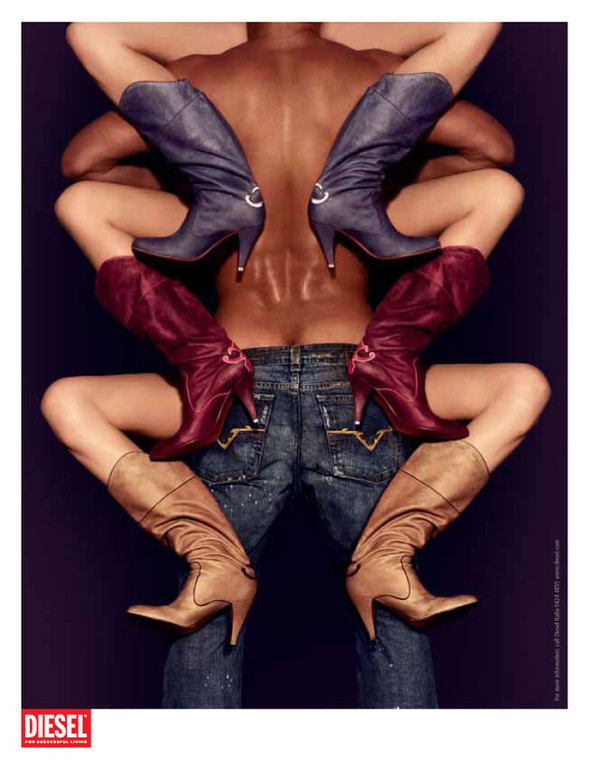
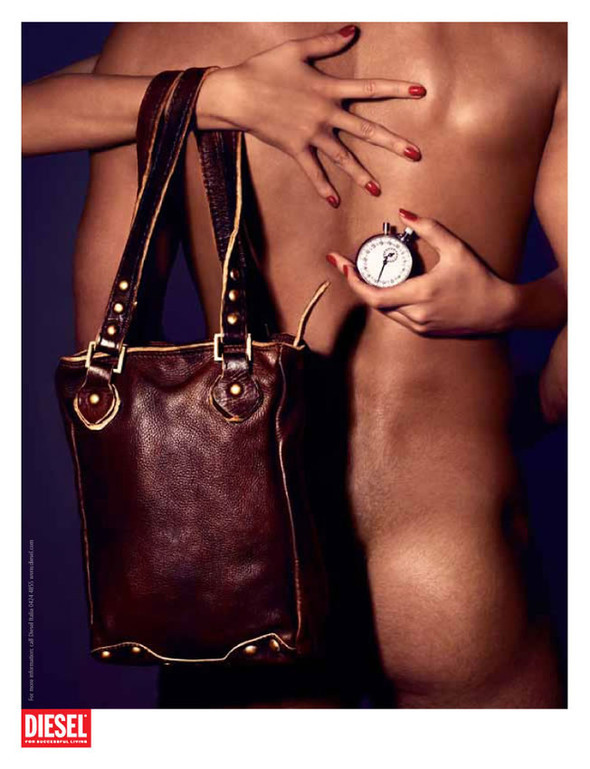
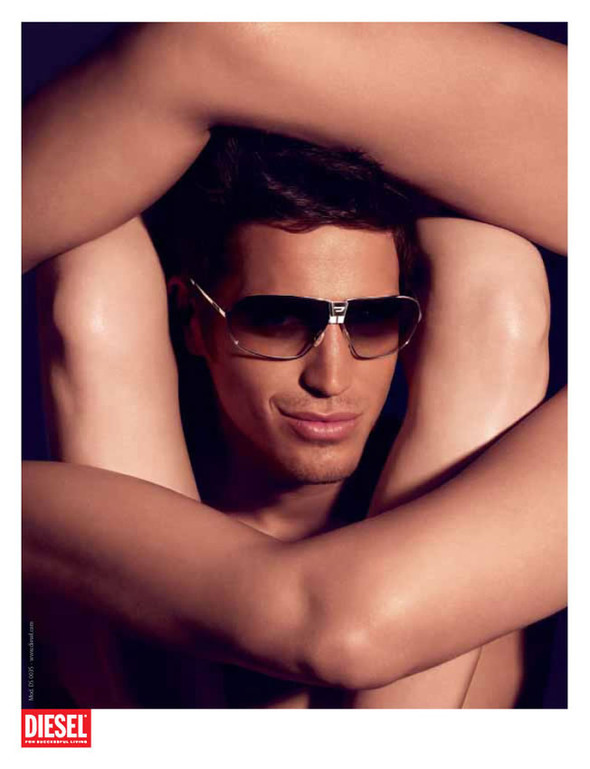
Julia Roberts for Lancome ad: banned for excessive retouching.
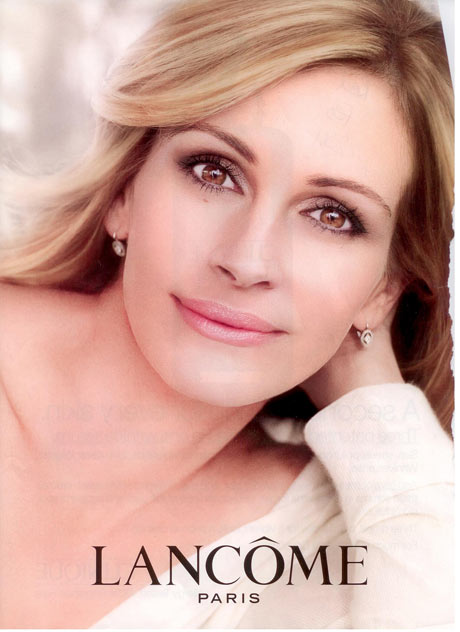
Emanuel Ungaro campaign: refused at all magazines, except for the American Vogue, funny enough.
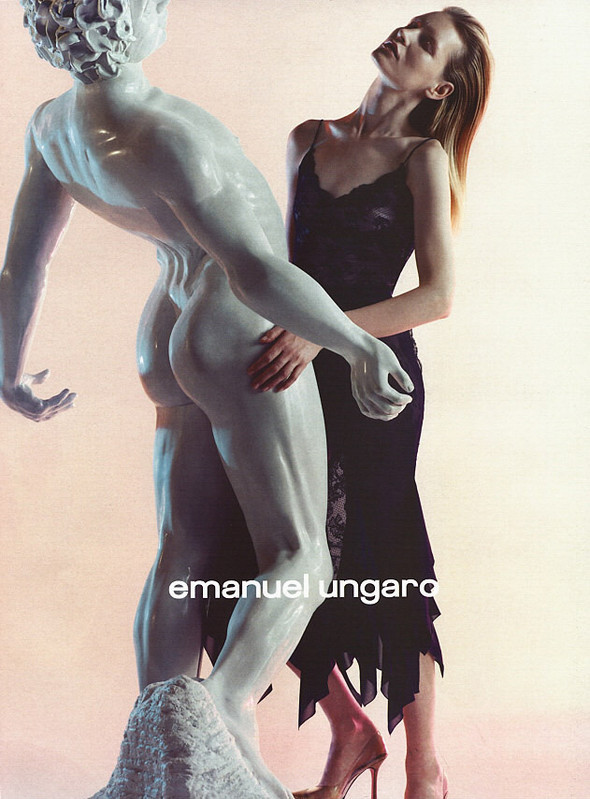

Terry Richardson shot this campaign for the Tom Ford fragrance: banned in Singapore as they were considered pornographic images.
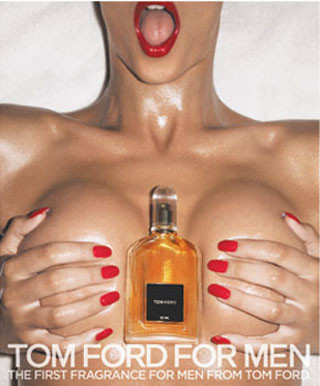
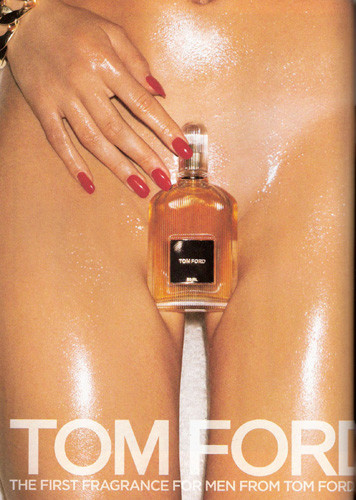
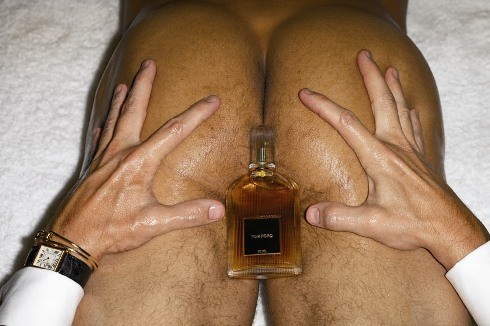
Gucci Campaign: the first was meant for a billboard campaign in London but was refused. The other two were banned as they were regarded ‘degrading women’.
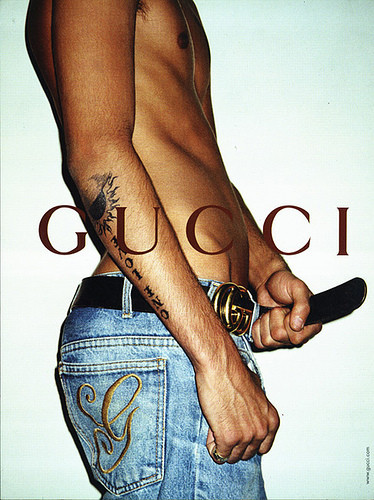
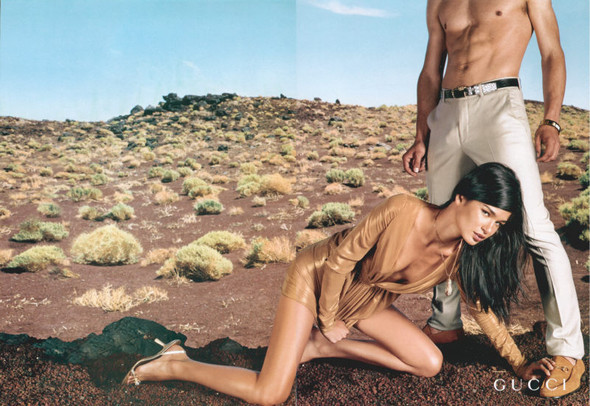
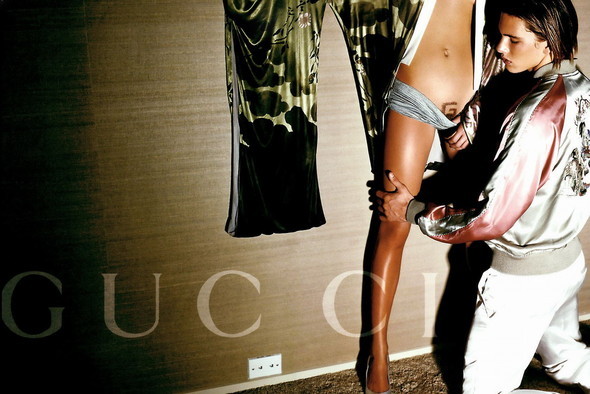
Natalie Portman for the Dior mascara campaign: banned because it used excessive “post-production retouching” in order to exaggerate the real effects of the mascara advertised.
